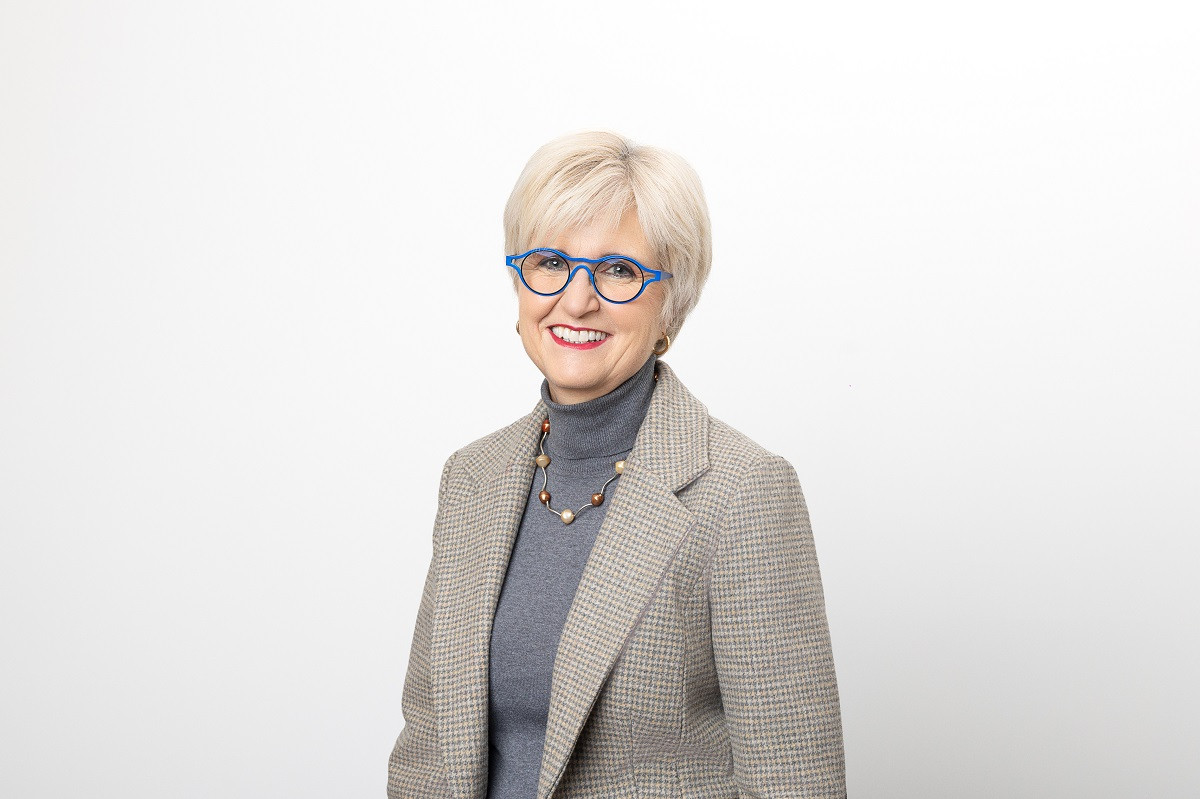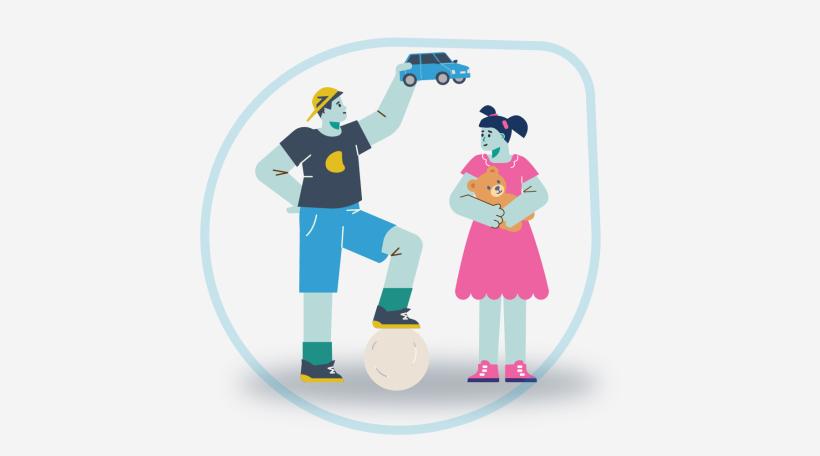On 18 November 2025, Director Carlien Scheele attends the unveiling of Ireland’s National Strategy for Women and Girls in Dublin at the invitation of Norma Foley, Minister for Children, Disability and Equality, where she remarks on the strategy’s distinctly personalised approach…

Dear Minister Foley, dear colleagues,
I am delighted that my Agency’s country visit has coincided with such an important milestone for Ireland. The launch of your new National Strategy for Women and Girls 2025-2030 not only marks national progress but also sets a positive paradigm for the rest of the EU. Because as it stands, gender equality is Europe’s unfinished promise.
Firstly, I applaud the distinct personalisation in your national strategy. You have put the all-important use of the ‘first person’ in addressing the lived experiences of women and girls.
Putting the individual at the heart of the strategy is powerful. And it makes the concept of gender equality a reality – not an abstract concept that doesn’t touch our lives.
As the EU’s Agency for gender equality, we are proud to offer our seal of approval for this strategy. Because it truly embraces the values of the EU.
I’d like to reflect on three of your strategic objectives which resonate closely with my Agency’s mandate and work.
‘Being Counted: The people who design our policies and laws take me into account’
This objective goes to the very heart of gender mainstreaming - ensuring that every policy, every budget line, every decision, reflects everyone.
Because gender mainstreaming is not simply a technical exercise. It is a democratic responsibility.
Ireland has taken important steps to make this vision a reality. The Gender Flagship Technical Support Instrument project, which concluded this September, has produced a toolkit to help civil servants integrate gender equality into public policy and budget planning. With its training module and practical how-to guide, it represents a major advance in embedding gender equality across the work of government.
We understand that the training module will be further developed to sit within Ireland’s civil service online learning platform. Prioritising this, is key to making a commitment concrete.
That is why equality data is so vital. Ireland’s forthcoming National Equality Data Strategy will strengthen the collection, disaggregation and use of equality data - ensuring that decisions are not just well-intentioned, but evidence-based.
At my Agency, we see across Europe that good data makes for good policy. We commend Ireland’s leadership in this area - it will not only inform national progress but also enrich the evidence base we all rely on at EU level.
‘Being Me – I can live free of harmful gender norms and stereotypes’
Gender stereotypes continue to shape our expectations of what girls and boys, women and men, should be. They narrow our choices. They cap ambition. And they remain an undercurrent to the state of gender inequality.
Our recent publication – ‘Perception to Policy: Dismantling gender stereotypes in the European Union’ puts in plain sight just how deeply these norms are embedded into all areas of life: our homes, our workplaces, our digital spaces and institutions.
Ireland is making steady progress in tackling gender stereotypes but much like everywhere in Europe, it’s an ongoing challenge.
And your strategy recognises this. By tackling harmful norms and restrictive masculinities, you open doors to gender equality in every other area — from education and employment to leadership and care.
I am particularly encouraged by your focus on fathers’ participation in family leave.
Ireland’s low take-up of paid and unpaid leave by fathers reinforces traditional gender roles and limits women’s economic opportunities.
At my Agency, we are exploring this issue further because when men take on care, women have the room to lead – and that’s a win for us all.
But changing mindsets and of course, behaviours, takes time.
‘Being Supported – I am supported when I give care and when I need care’
Care is the invisible fabric of our societies. Too often, it goes unseen and undervalued.
Across the EU, women provide the vast majority of both paid and unpaid care. In Ireland, as our data confirms, this carries serious socioeconomic consequences: lower labour market participation, reduced lifetime earnings, and a greater risk of poverty in older age.
Care responsibilities affect every part of a woman’s life - her education, her health, her ability to lead.
Your strategy captures the complexities of this strained inequality: by placing greater value on care and redistributing it, not only within families, but within society at large. Expanding family leave, supporting young carers, and improving access to childcare are crucial steps.
My Agency’s care survey data underscores the structural problem that care is still not a shared responsibility. It deserves structural support, fair pay, and social recognition.
As I wrap up, I want to emphasise that this strategy is not a document. It is your roadmap. One that is built on evidence, experience and empathy. It reflects Ireland’s understanding that progress for women and girls is progress for everyone.
And what’s so effective in your strategy is how it maintains flexibility for adaption. Adjusting to changing realities is what will keep it relevant and robust against all kinds of climates.
In that spirit, I can share with you that my Agency’s flagship tool: the Gender Equality Index, has undergone a methodological revamp this year, including updated indicators, new data sources and a stronger focus on individual data in Money and Time. This will be released on 2 December, where you’ll see where Ireland sits on gender equality in comparison to the rest of Europe.
My Agency and I stand ready to support you with our data, expertise, and close cooperation to ensure that by 2030, Ireland is not only ahead of the curve on its progress in gender equality but leading by example for the rest of Europe.
I commend you once more for your incredible commitment for gender equality, and I hope to see this same commitment and leadership on gender equality during the Irish Presidency of the Council of the EU
Thank you.




